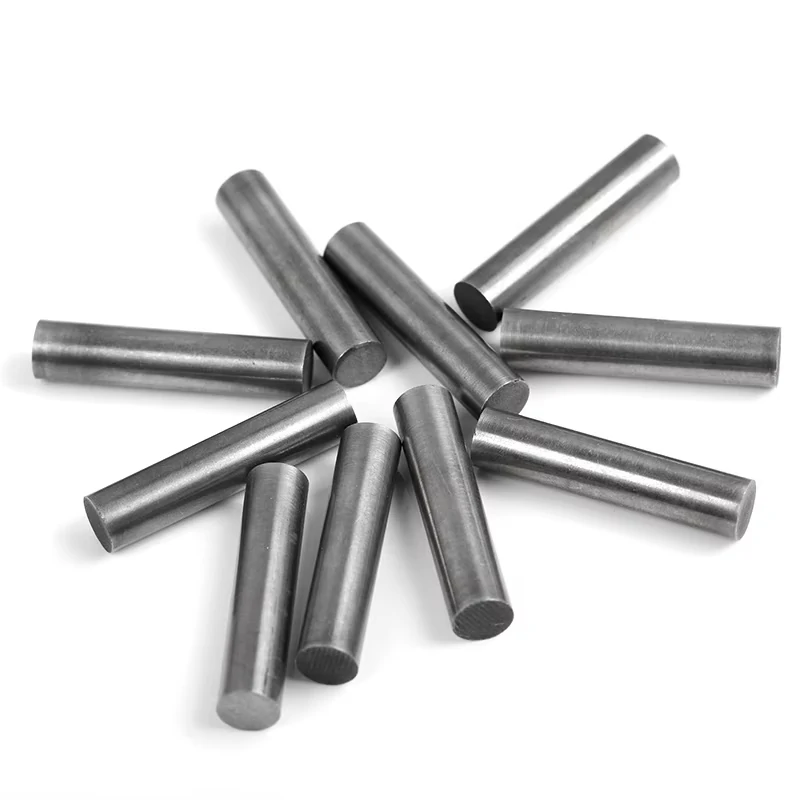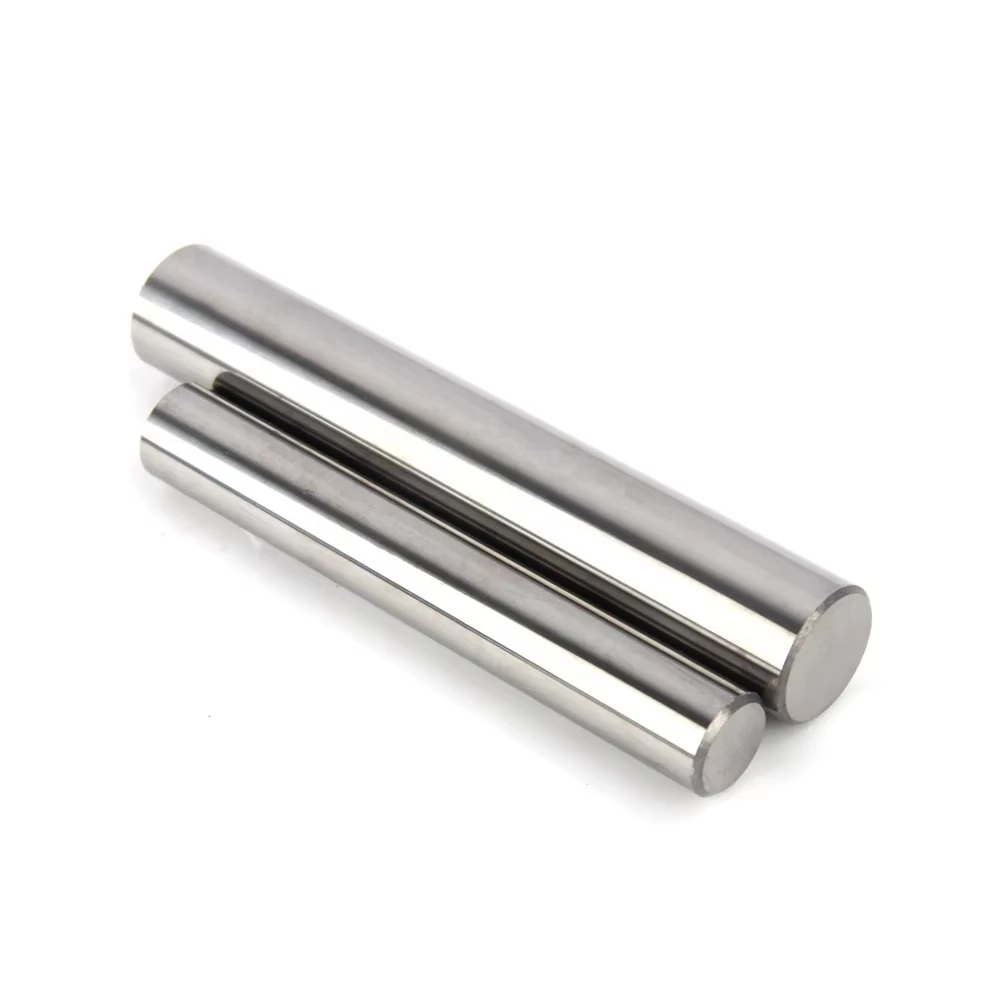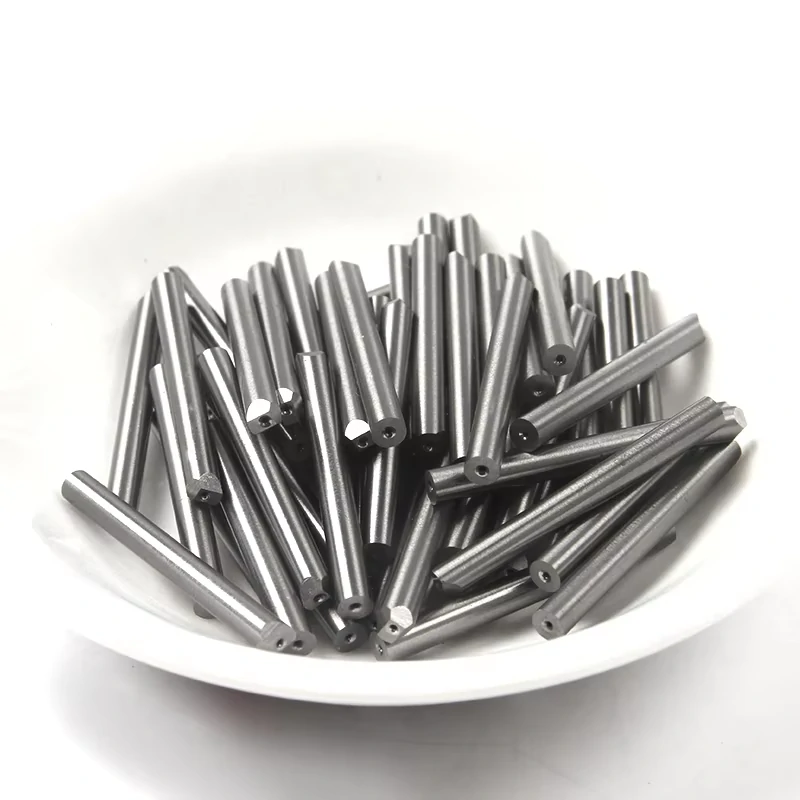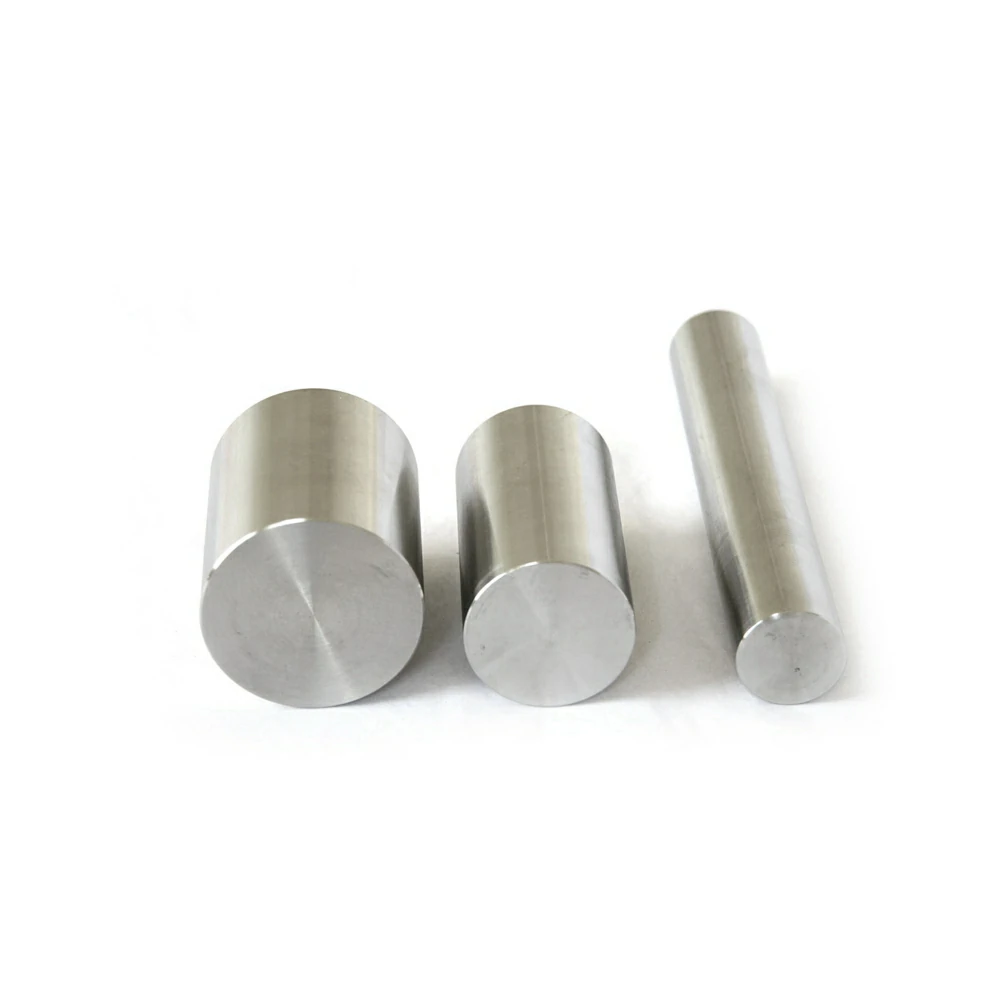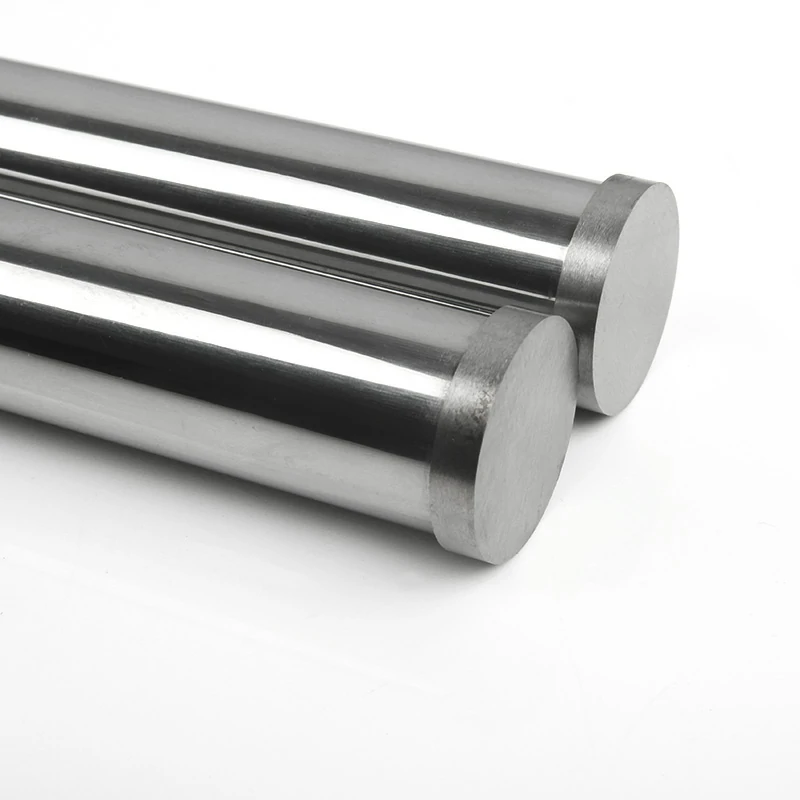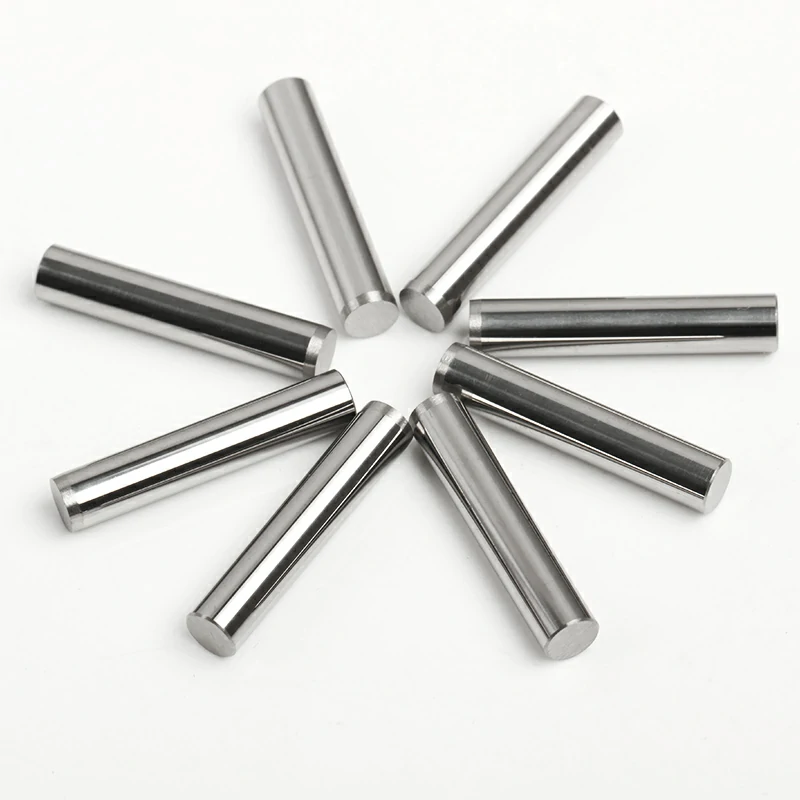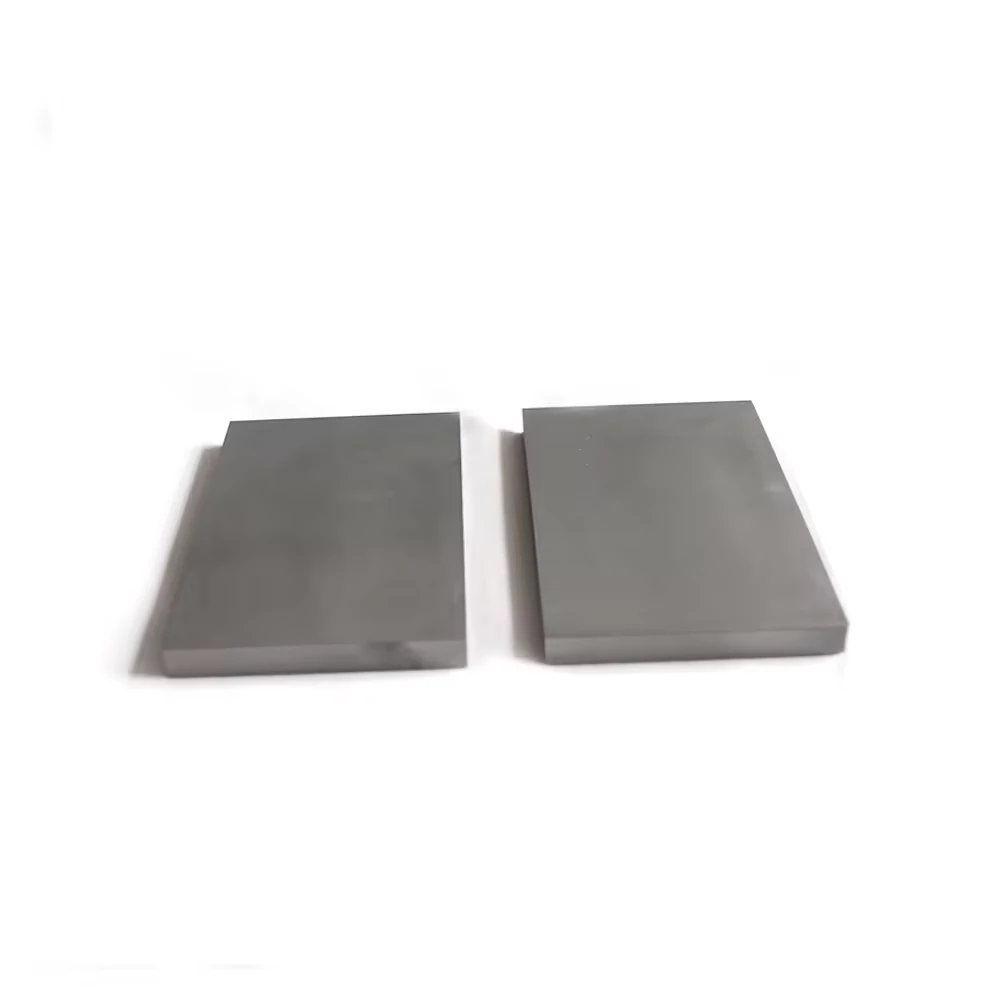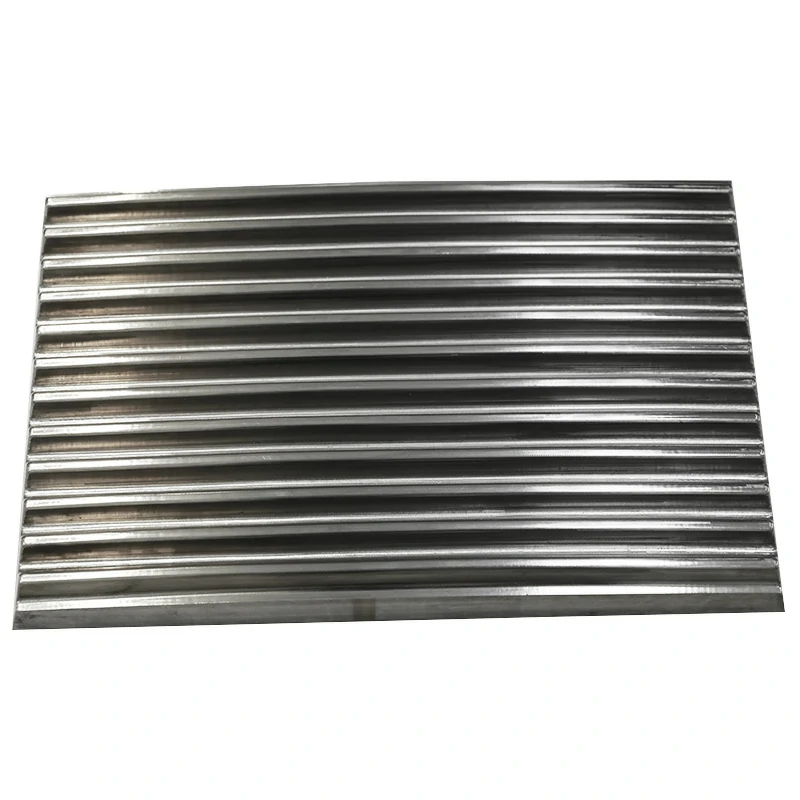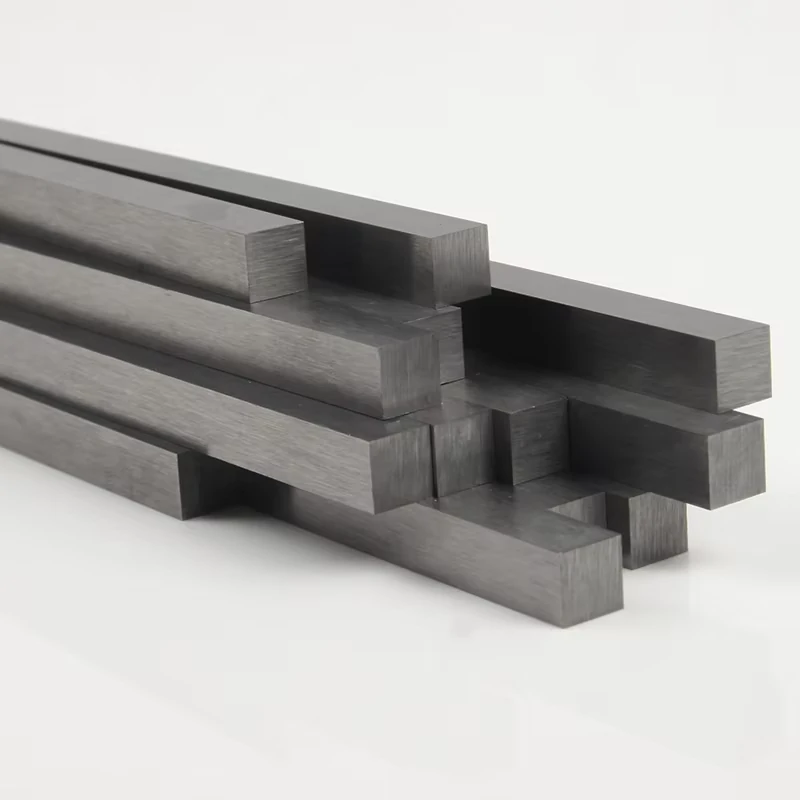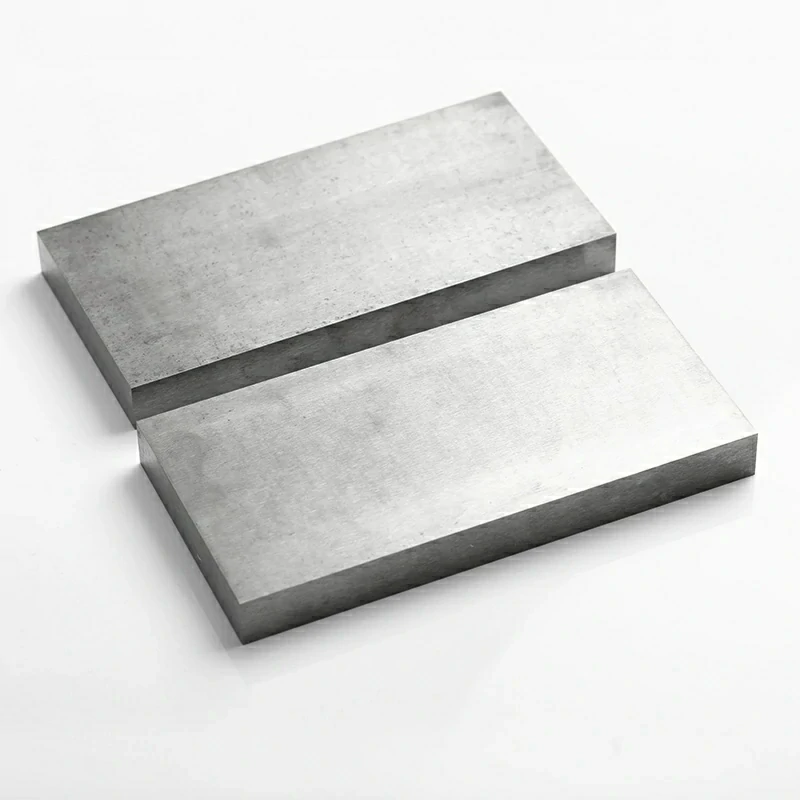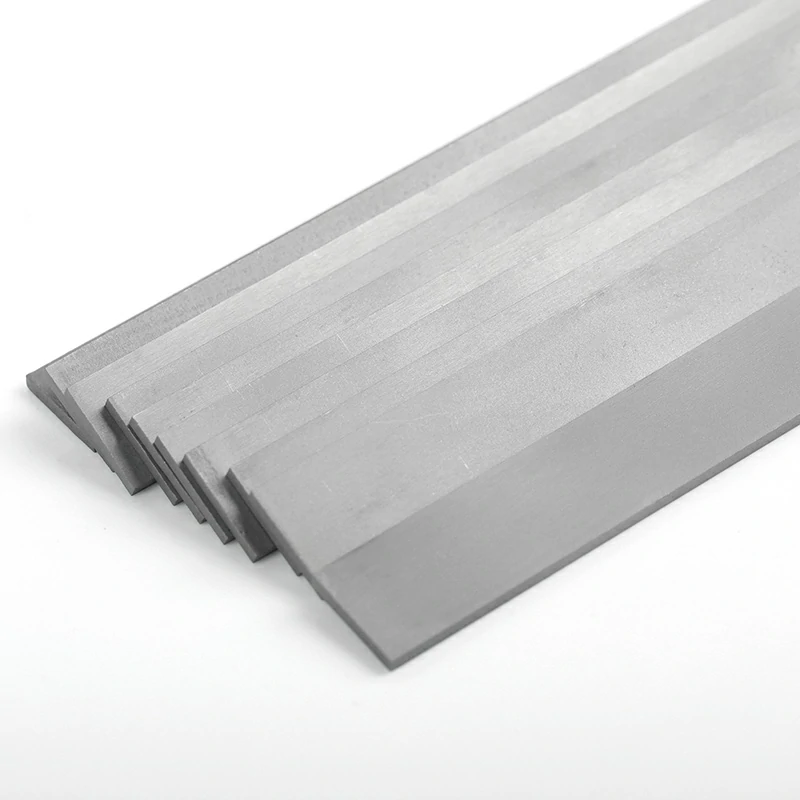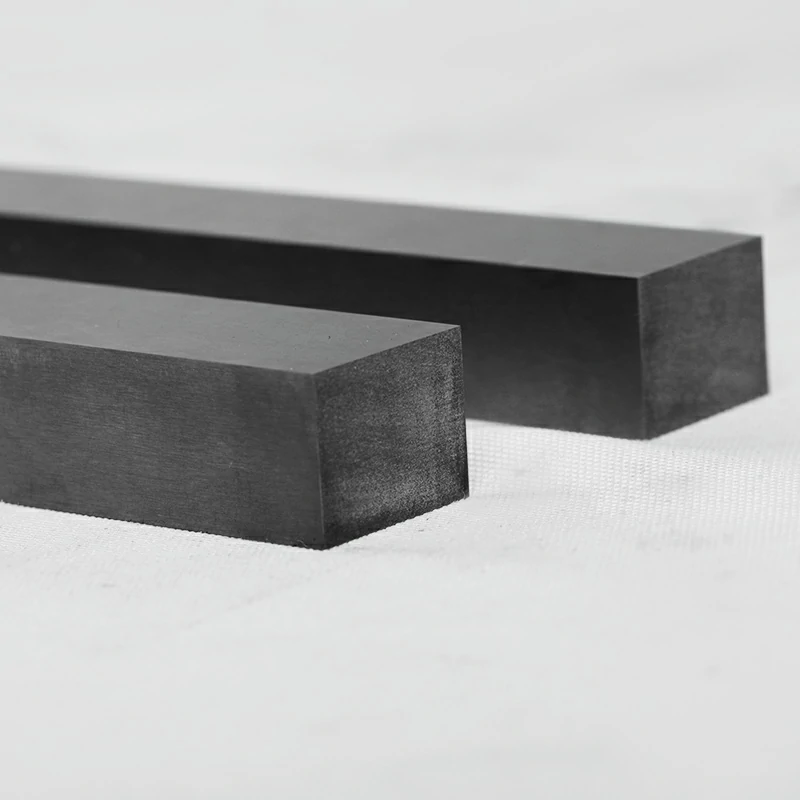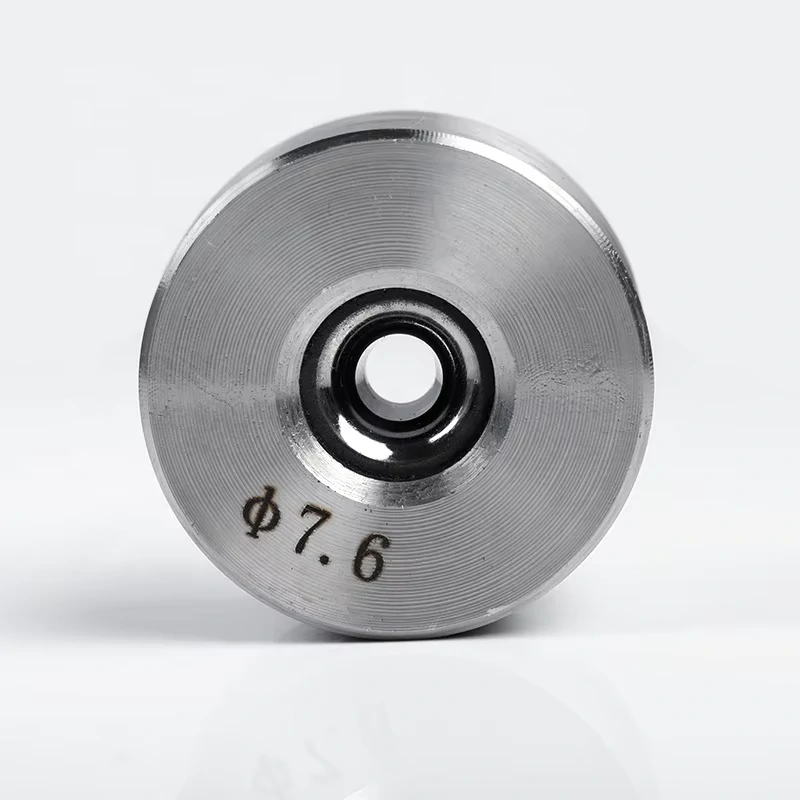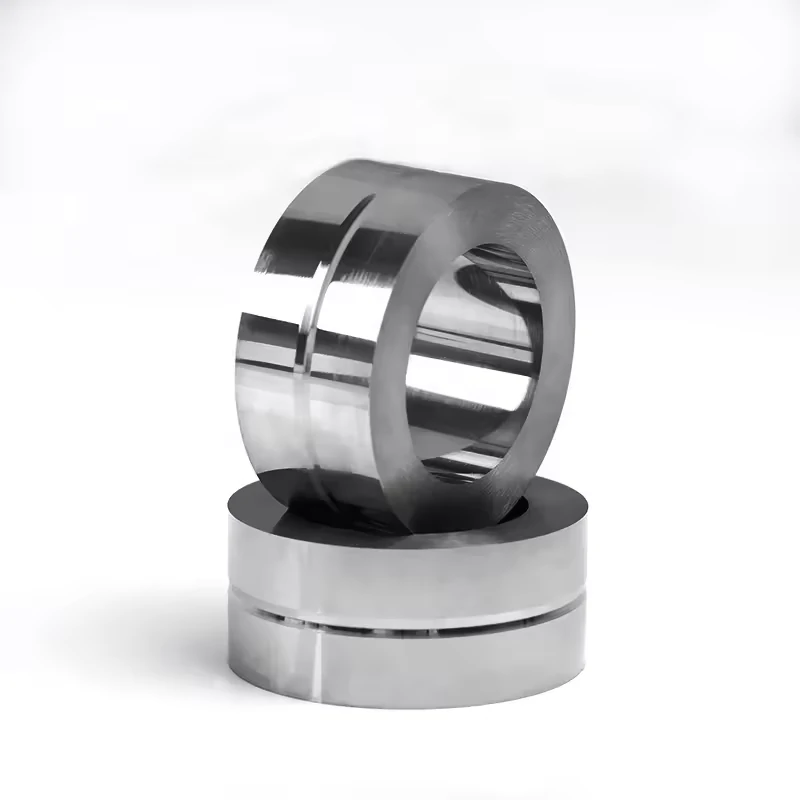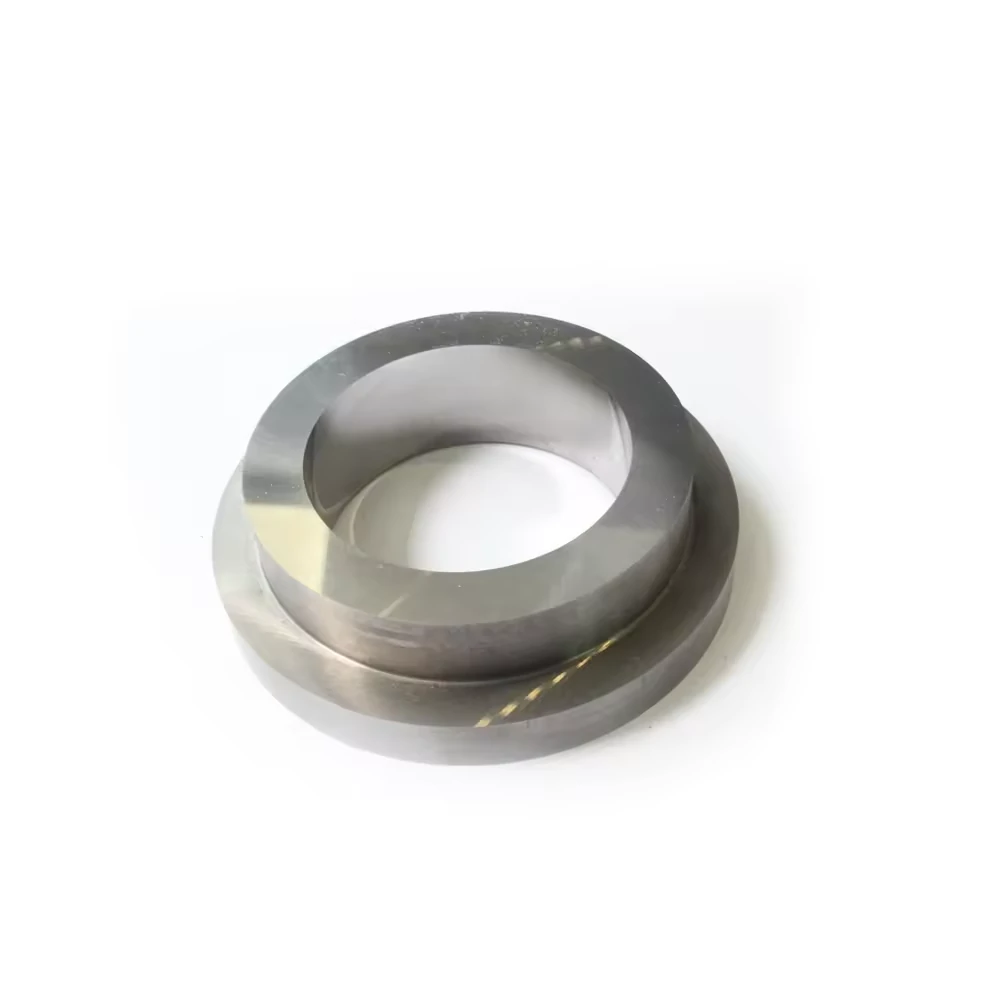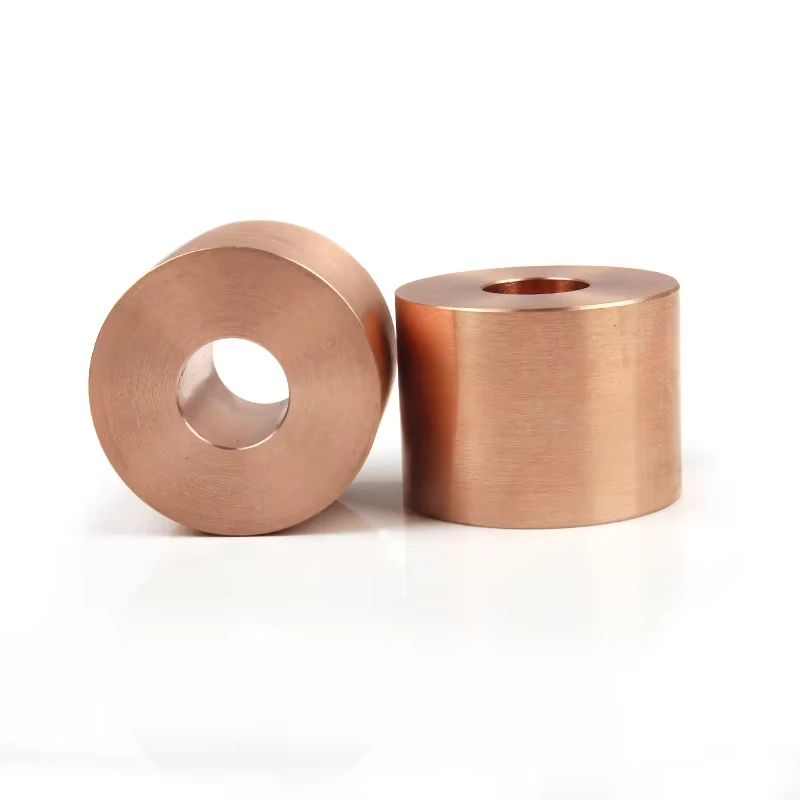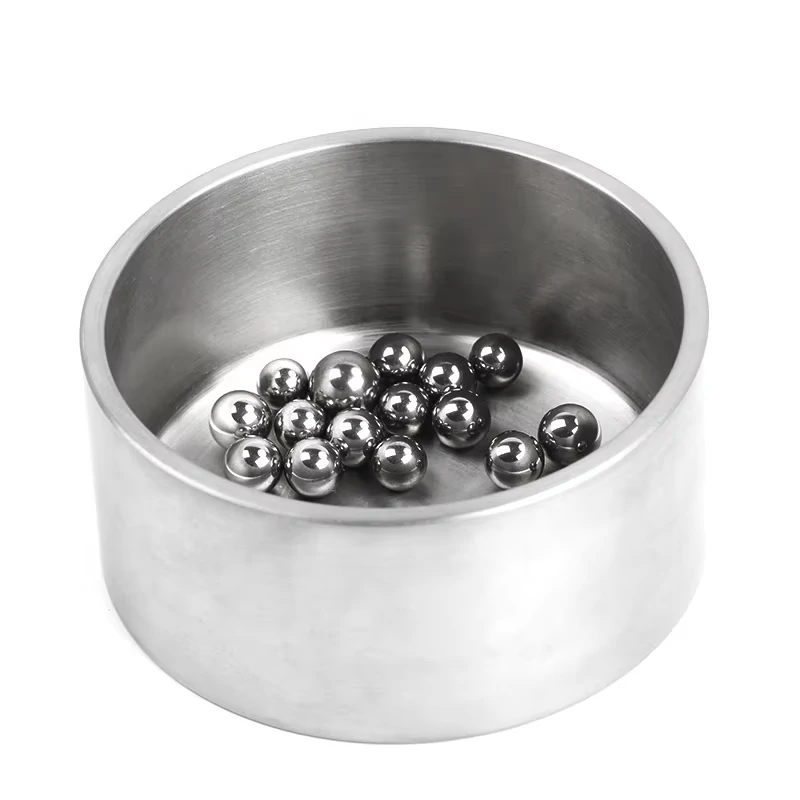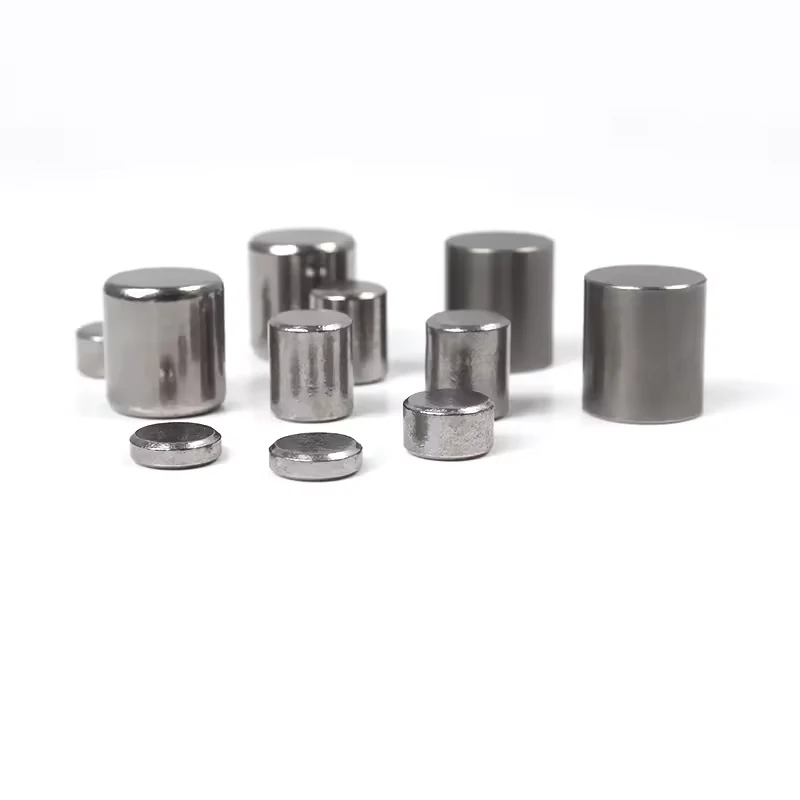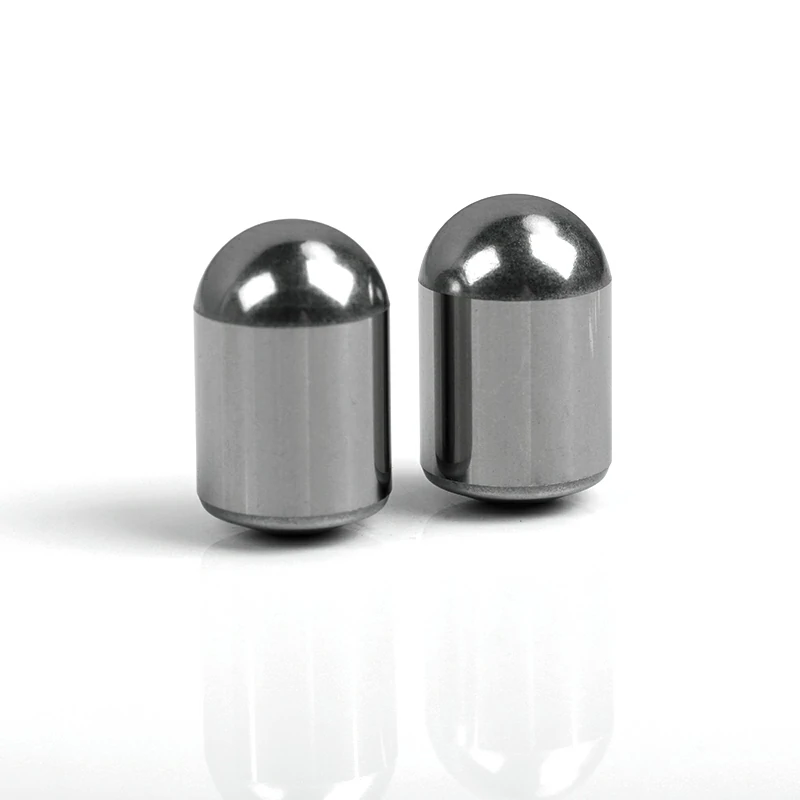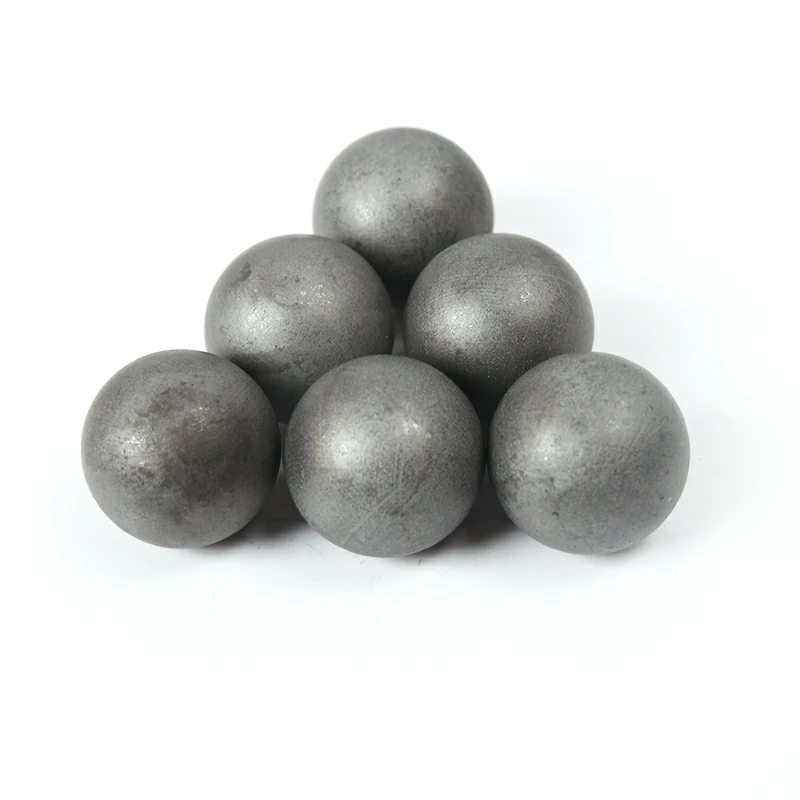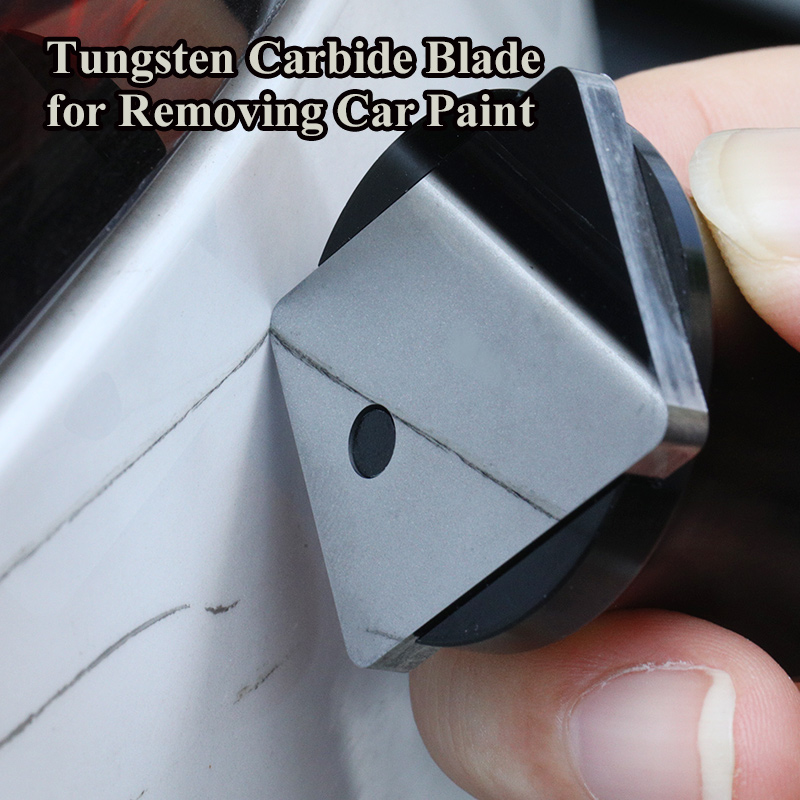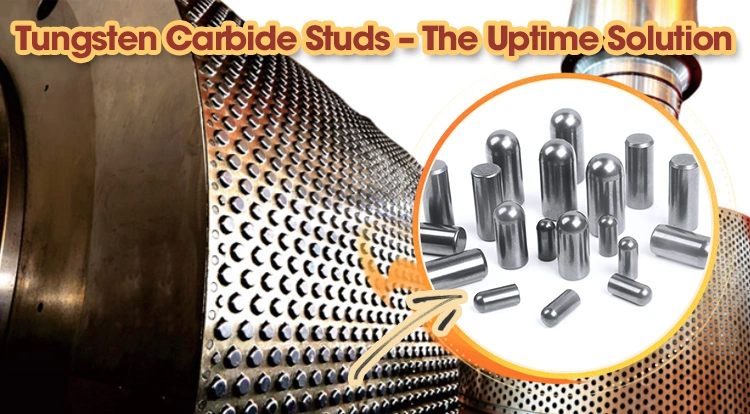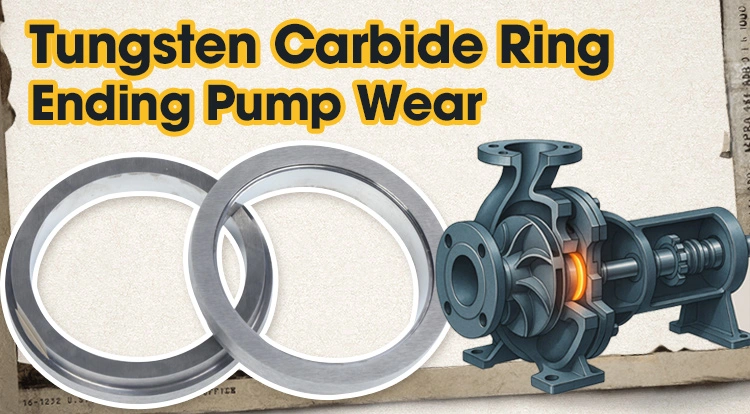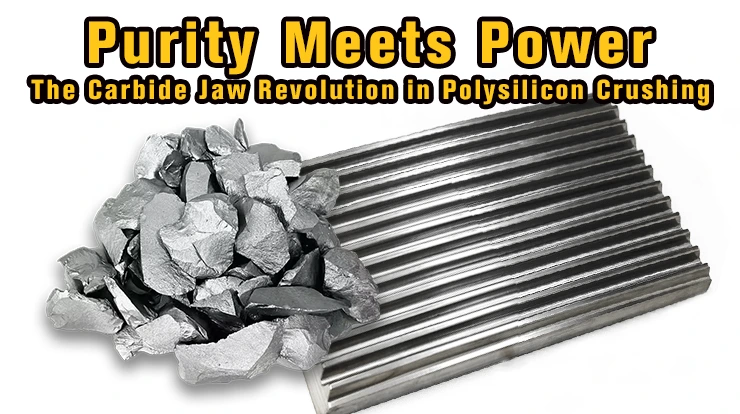Cemented Carbide Balls: Performance Characteristics and Applications
Writer: admin Time:2025-02-20 17:03:22
Cemented carbide balls, commonly known as tungsten carbide balls, are spherical components manufactured from cemented carbide materials. They exhibit exceptional properties including high strength, superior wear resistance, high precision, heat resistance, and corrosion resistance, making them widely utilized in critical applications such as valve ball seals in the petroleum industry.
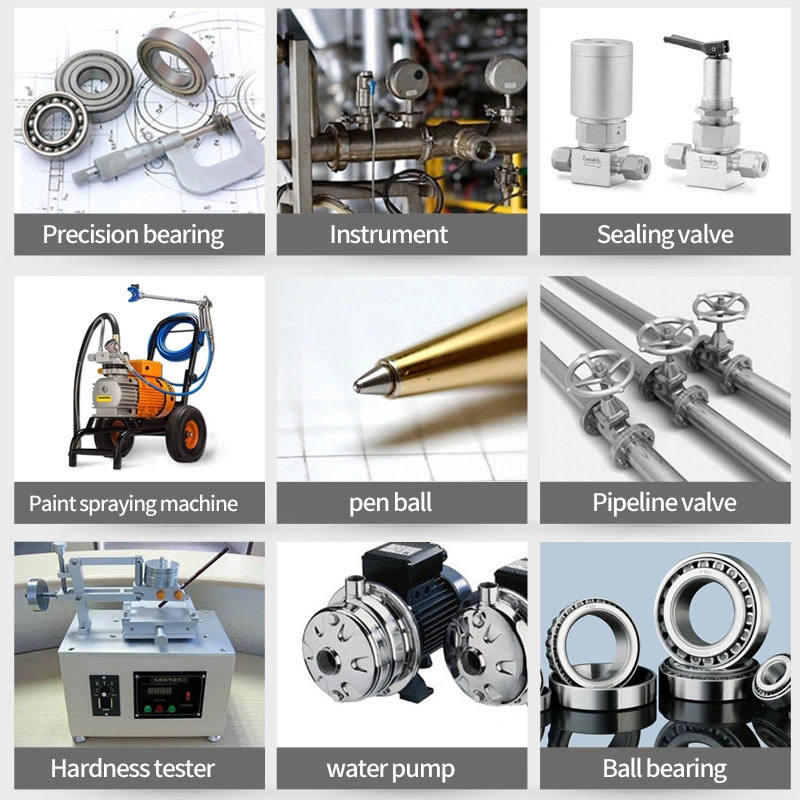
The primary constituents of cemented carbide balls are tungsten carbide (WC) and cobalt (Co) as a binder metal. Due to the intrinsically high hardness of refractory tungsten carbide, the resulting alloy possesses remarkable hardness, typically ranging from HRA 86 to 93. This hardness value tends to decrease with an increasing cobalt content within the alloy. Carbide ball is more than double that of steel balls measured on the Rockwell C scale, classifying it as a material challenging to machine.
| Hardness Comparison: Cemented Carbide Balls vs. Steel Balls (Rockwell Hardness) |
|---|
| Cemented Carbide Balls | HRA86-93 |
| Steel Balls | HRC60 - 70 |
Furthermore, the hardness of cemented carbide balls is significantly influenced by the grain size of the tungsten carbide. Hardness increases with the refinement of tungsten carbide grains. Process-related factors can also impact hardness; for instance, improper ball milling regimes, undersintering, or oversintering can all lead to a reduction in the cemented carbide's hardness. Therefore, adjusting the tungsten carbide grain size and optimizing manufacturing processes are effective methods to modify the hardness of cemented carbide balls.
In operational applications, cemented carbide balls demonstrate excellent high-temperature hardness retention. Below 500℃, their hardness remains essentially unchanged. A noticeable decrease in hardness only becomes apparent at temperatures exceeding 500℃. However, even at elevated temperatures between 1000℃ and 1100℃, cemented carbide retains a substantial hardness of HRA 73-76, equivalent to approximately HB 430-477 on the Brinell scale.
Owing to their unique performance characteristics, cemented carbide balls play a pivotal role across numerous high-end industries. With continuous technological advancements and the expanding scope of application domains, the market demand for cemented carbide balls is poised for sustained growth.
